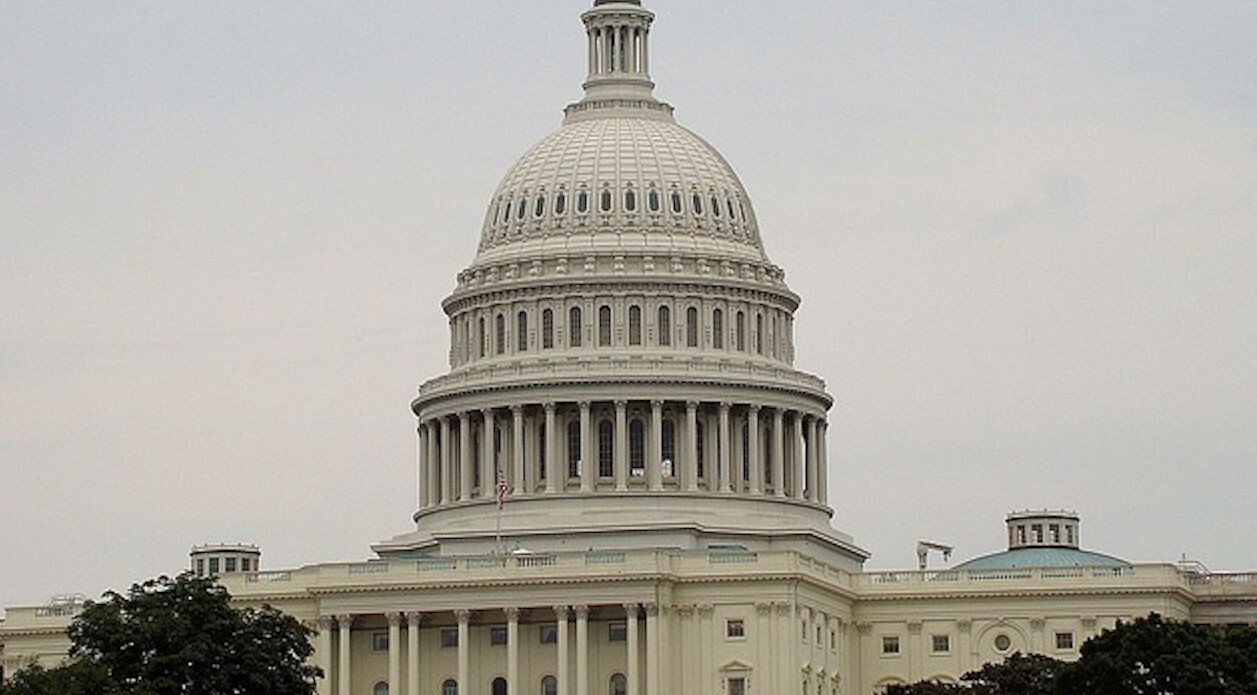The U.S. government is tightening trade restrictions on Hamas-related to entities as Congress presses the Biden administration to do more about the terrorist group’s sources of crypto funding.
On October 17, over 100 senators petitioned U.S. Treasury and White House officials highlighting how Hamas has already leveraged blockchain-based currency, while asking for clarifications on what both groups intend to do about it.
Collectively, both Hamas and Palestinian Islamic Jihad (PIJ) “raised over $130 million in crypto, and moved millions among each other,” the senators claimed in their letter, citing the Wall Street Journal. Some crypto industry analysts believe this figure is grossly exaggerated.
The lawmakers called for the administration’s own estimates of how much crypto lies in both organization’s wallets, and about what actors are facilitating such token transfers.
“Congress and this Administration must take strong action to thoroughly address crypto illicit finance risks before it can be used to finance another tragedy,” added the letter, referring to attacks from Hamas on Israeli civilians earlier this month.
The letter’s main backers included senators Elizabeth Warren, a long-time crypto critic who has repeatedly warned about crypto’s potential use for violating sanctions.
Mixer Crackdown
Two days later, the Treasury Department proposed new reporting requirements for financial institutions interacting with cryptocurrency mixers – entities that obscure the trail of funds on the blockchain. Though often used for privacy reasons, such mixers are notorious for allowing criminals and sanctioned entities to escape oversight and more easily cash out their funds.
“More broadly, the Treasury Department is aggressively combating illicit use of all aspects of the [crypto-mixing] ecosystem by terrorist groups, including Hamas and Palestinian Islamic Jihad,” said Wally Adeyemo, deputy secretary of the Treasury, to the Financial Times.
The Financial Crimes Enforcement Network (FinCEN) also wants insitutions to report transactions that they “know, suspect, or have reason to suspect” are connected to crypto mixers outside of US jurisdiction.
“Just as with our efforts in the traditional financial system, [the] Treasury will work to identify and root out the illicit use and abuse of the [crypto-mixing] ecosystem,” said Andrea Gacki, director of FinCEN, to FT.
Last year, the Treasury’s Office of Foreign Assets Control (OFAC) announced sanctions on mixers including Blender.io and Tornado Cash for allegedly helping North Korean hackers launder over $7 billion in digital assets.
The Treasury also sanctioned a Gaza-based Bitcoin exchange and its operator last week for having previously platformed individuals linked to ISIS.
The U.S. government is tightening trade restrictions on Hamas-related to entities as Congress presses the Biden administration to do more about the terrorist group’s sources of crypto funding.
On October 17, over 100 senators petitioned U.S. Treasury and White House officials highlighting how Hamas has already leveraged blockchain-based currency, while asking for clarifications on what both groups intend to do about it.
Collectively, both Hamas and Palestinian Islamic Jihad (PIJ) “raised over $130 million in crypto, and moved millions among each other,” the senators claimed in their letter, citing the Wall Street Journal. Some crypto industry analysts believe this figure is grossly exaggerated.
The lawmakers called for the administration’s own estimates of how much crypto lies in both organization’s wallets, and about what actors are facilitating such token transfers.
“Congress and this Administration must take strong action to thoroughly address crypto illicit finance risks before it can be used to finance another tragedy,” added the letter, referring to attacks from Hamas on Israeli civilians earlier this month.
The letter’s main backers included senators Elizabeth Warren, a long-time crypto critic who has repeatedly warned about crypto’s potential use for violating sanctions.
Mixer Crackdown
Two days later, the Treasury Department proposed new reporting requirements for financial institutions interacting with cryptocurrency mixers – entities that obscure the trail of funds on the blockchain. Though often used for privacy reasons, such mixers are notorious for allowing criminals and sanctioned entities to escape oversight and more easily cash out their funds.
“More broadly, the Treasury Department is aggressively combating illicit use of all aspects of the [crypto-mixing] ecosystem by terrorist groups, including Hamas and Palestinian Islamic Jihad,” said Wally Adeyemo, deputy secretary of the Treasury, to the Financial Times.
The Financial Crimes Enforcement Network (FinCEN) also wants insitutions to report transactions that they “know, suspect, or have reason to suspect” are connected to crypto mixers outside of US jurisdiction.
“Just as with our efforts in the traditional financial system, [the] Treasury will work to identify and root out the illicit use and abuse of the [crypto-mixing] ecosystem,” said Andrea Gacki, director of FinCEN, to FT.
Last year, the Treasury’s Office of Foreign Assets Control (OFAC) announced sanctions on mixers including Blender.io and Tornado Cash for allegedly helping North Korean hackers launder over $7 billion in digital assets.
The Treasury also sanctioned a Gaza-based Bitcoin exchange and its operator last week for having previously platformed individuals linked to ISIS.
